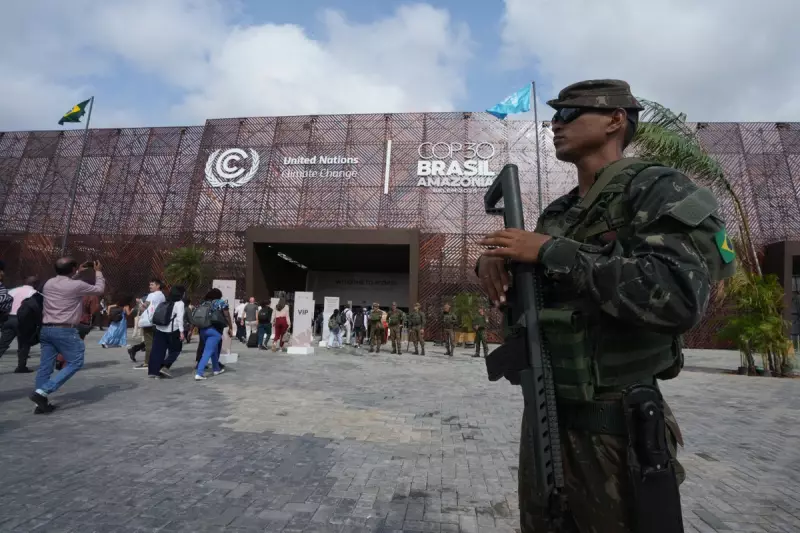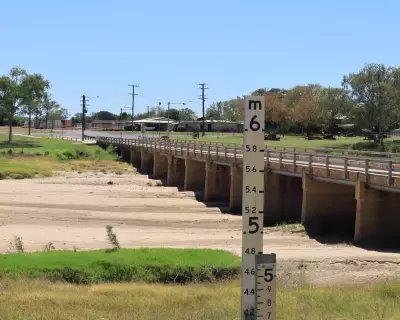
Ministerial Phase Begins at Critical UN Climate Summit
The United Nations climate negotiations, known as COP30, have entered their decisive phase as government ministers take control of proceedings this Monday. The talks, taking place on the edge of the Brazilian Amazon, are shifting from technical discussions to high-level political negotiations during the conference's second and final week.
Professional negotiators are stepping aside to make way for foreign and other ministers who arrived over the weekend. These senior officials possess significantly more authority and flexibility to make the tough political decisions required to break deadlocks in the complex negotiations.
David Waskow, director of the international climate initiative at World Resources Institute, emphasised the significance of this transition, stating that it "brings a whole different dimension to the table."
New Presidency Document Sets Ambitious Agenda
Adding momentum to the ministerial discussions, the Brazilian presidency of the talks issued a crucial five-page summary document late on Sunday. This document outlines potential pathways forward on several contentious issues that have emerged during the first week of negotiations.
The presidency's text addresses three critical areas: how to encourage nations to enhance their emissions reduction plans, how to handle climate-related trade disputes and barriers, and the urgent need for financial assistance to developing nations vulnerable to climate impacts.
Notably, the document presents a "buffet of options" for negotiators to consider, including the creation of detailed "road maps" to translate ambitious goals into concrete action. This approach has already proven successful in solidifying last year's commitment for wealthy nations to provide $300 billion in annual climate finance to poorer countries.
Island Nations Lead Calls for Greater Ambition
The pressure for substantial outcomes has intensified significantly, with several nations - particularly small island states facing existential threats from sea level rise - demanding that the talks address the inadequacy of current emissions-cutting plans.
So far this year, 116 nations have submitted their climate action plans, but collectively these commitments fall dramatically short of what's needed to limit global warming to 1.5 degrees Celsius above pre-industrial levels - the critical threshold established in the 2015 Paris Agreement.
This issue may become intertwined with calls for a concrete plan to phase out fossil fuels - coal, oil and natural gas - which remain the primary drivers of climate change. Although a fossil fuel phase-out was agreed upon after intense debate at UN climate talks two years ago, little progress was made on implementation last year.
The momentum for addressing fossil fuels received significant reinforcement earlier this month when Brazilian President Luiz Inácio Lula da Silva publicly raised the issue and called for a new roadmap.
Andreas Sieber, associate policy director at advocacy group 350.org, captured the high stakes, declaring: "The fight is on. The presidency text outlines of a high-ambition COP30 outcome are finally visible: a pathway to close the decarbonization gap, anchored in a fossil-fuel phase-out road map and a credible climate-finance package."
As ministers begin their work in the heart of the Amazon, the world watches to see if political leadership can deliver the breakthrough that scientific urgency demands.





